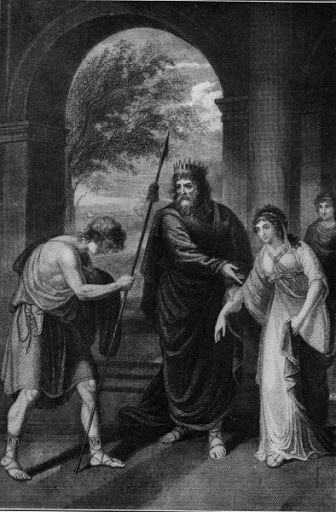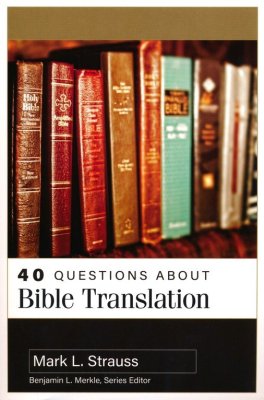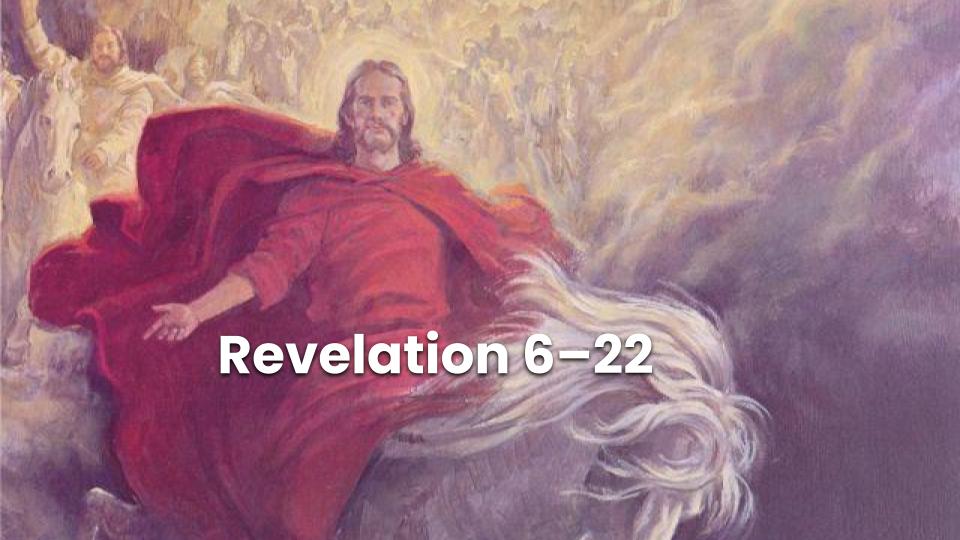Pahoran gave a life-changing message and let’s discuss it in the context of an Old Testament love story most people have never heard of—David and Michal.
Shortly after David slew Goliath, Michal, the daughter of King Saul, fell in love with David. Saul was jealous of David’s abilities and sought to use his daughter’s love by asking David for a dowry that would lead to David’s death (see 1 Samuel 18:21–24). Saul’s servants told David that Saul wanted “an hundred foreskins of the Philistines” in exchange for Michal’s hand in marriage (1 Samuel 18:25). David and his men promptly killed two hundred Philistines and brought their foreskins to Saul (see 1 Samuel 18:27).
Because David paid the requested price, “Saul gave [David] Michal his daughter to wife” (1 Samuel 18:27). While we do not know the details of their marriage, the scriptures say that “Michal . . . loved [David]” (1 Samuel 18:28).
What a love story! Boy meets girl, girl falls in love, boy kills to win his father-in-law’s heart…! Okay, it’s a gruesome love story…
Over the years these star-crossed lovers had ups and downs. On one occasion Michal saved David’s life, but eventually they were separated as David was on the run for his safety. Eventually David married two additional women, and Saul “had given Michal” to another man (see 1 Samuel 25:42–44).
After Saul’s death, David was victorious in several battles, and he was appointed king (see 2 Samuel 2:4). However, some still opposed David. When a military leader of the opposition planned to defect to join David, David said he would agree only if he were reunited with Michal (see 2 Samuel 3:13). It’s possible that David was simply jealous, or that Michal didn’t want to return, but let’s assume the two of them had a happy reunion.
We do not know anything about the domestic relationship between David and Michal over the next few years, but it was a successful time of life for David. After defeating the Philistines in battle, David brought the ark of the covenant to Jerusalem, a momentous occasion. David was so happy that he “danced before the Lord with all his might” (2 Samuel 6:14). Michal was not pleased with David’s dancing. We read, “As the ark of the Lord came into the city of David, Michal Saul’s daughter looked through a window, and saw king David leaping and dancing before the Lord; and she despised him in her heart” (2 Samuel 6:16; emphasis added). She felt that David was exposing too much of his body in his dancing.
After the celebration, David came home to “bless his household” (2 Samuel 6:20). Michal now had a choice. She could have said, “Welcome home, honey!” and brought up David’s dancing at a less emotionally charged time. Instead, she chose to express her anger, saying, “How the king of Israel honored himself today, uncovering himself today before the eyes of his servants’ maids, as any vulgar fellow might shamelessly uncover himself!”(2 Samuel 6:20; NRSV).
Now David had a choice. He could have apologized: “Honey, I’m sorry. You’re right, I was overexuberant. Can I take you to our favorite Jerusalem restaurant to make up for it?” Sadly, David chose to escalate the argument, saying, “It was before the Lord, which chose me before thy father . . . to appoint me ruler over the people of the Lord” (2 Samuel 6:21; emphasis added). Thus, David’s condescending response included an attack on Michal’s father. The record concludes, “Therefore Michal the daughter of Saul had no child unto the day of her death” (2 Samuel 6:23). Surely there was more to the story, but this argument marked a permanent breach in their relationship.
How could David and Michal have gone from deep love to irreconcilable separation? Instead of seeking to understand each other and give soft answers, they threw out phrases like “vulgar fellow” and “the Lord chose me before your father.” We will all have times when someone we love does something we disapprove of—we can still choose to be kind. We can choose to not let our pride get in the way of peace.
What is the solution? President Gordon B. Hinckley taught:
“So many of us make a great fuss of matters of small consequence. We are so easily offended. Happy is the man who can brush aside the offending remarks of another and go on his way.”
Responding to difficult situations by being a peacemaker can alter the course of our lives. A scriptural example of one who moved past offense is the story of the Nephite Chief Judge Pahoran.
Pahoran is a hero who was able to “brush aside the offending remarks of another” and bring greater stability to his country. The Nephites were in the middle of an intense war, and Chief Captain Moroni felt that Pahoran, the chief judge, was not doing enough to help his warriors. In a stinging letter to Pahoran, Moroni wrote: “[Your armies] were about to perish with hunger, because of your exceedingly great neglect towards them. . . . The blood of thousands shall come upon your heads for vengeance” (Alma 60:9–10). At the end of his letter, Moroni threatened Pahoran, declaring, “Send speedily unto me of your provisions and of your men. . . . If ye will not do this I come unto you speedily . . . even if it must be by the sword” (Alma 60:34–35).
Unfortunately, Moroni was unaware that the judgment seat had been taken away from Pahoran. Pahoran was on the run and administering the government from a nearby city. But rather than get angry at Moroni’s false accusation, Pahoran responded, “In your epistle you have censured me, but it mattereth not; I am not angry, but do rejoice in the greatness of your heart” (Alma 61:9).
Pahoran chose not to be upset. Consider how things would have been different if he had reacted as David did. What if Pahoran had responded to Moroni by saying, “The Lord chose me instead of you to be chief judge,” and the Nephite civilization imploded in a civil war? But imagine if Pahoran had stood in David’s shoes when Michal rebuked him, and said, “Michal, you have censured me, but it mattereth not; I am not angry.” When we can handle disappointments and say with a generous heart, “it mattereth not; I am not angry,” we are on the path to peace.
This blog post draws on my book The Founder of our Peace.
See the video based on this post:






